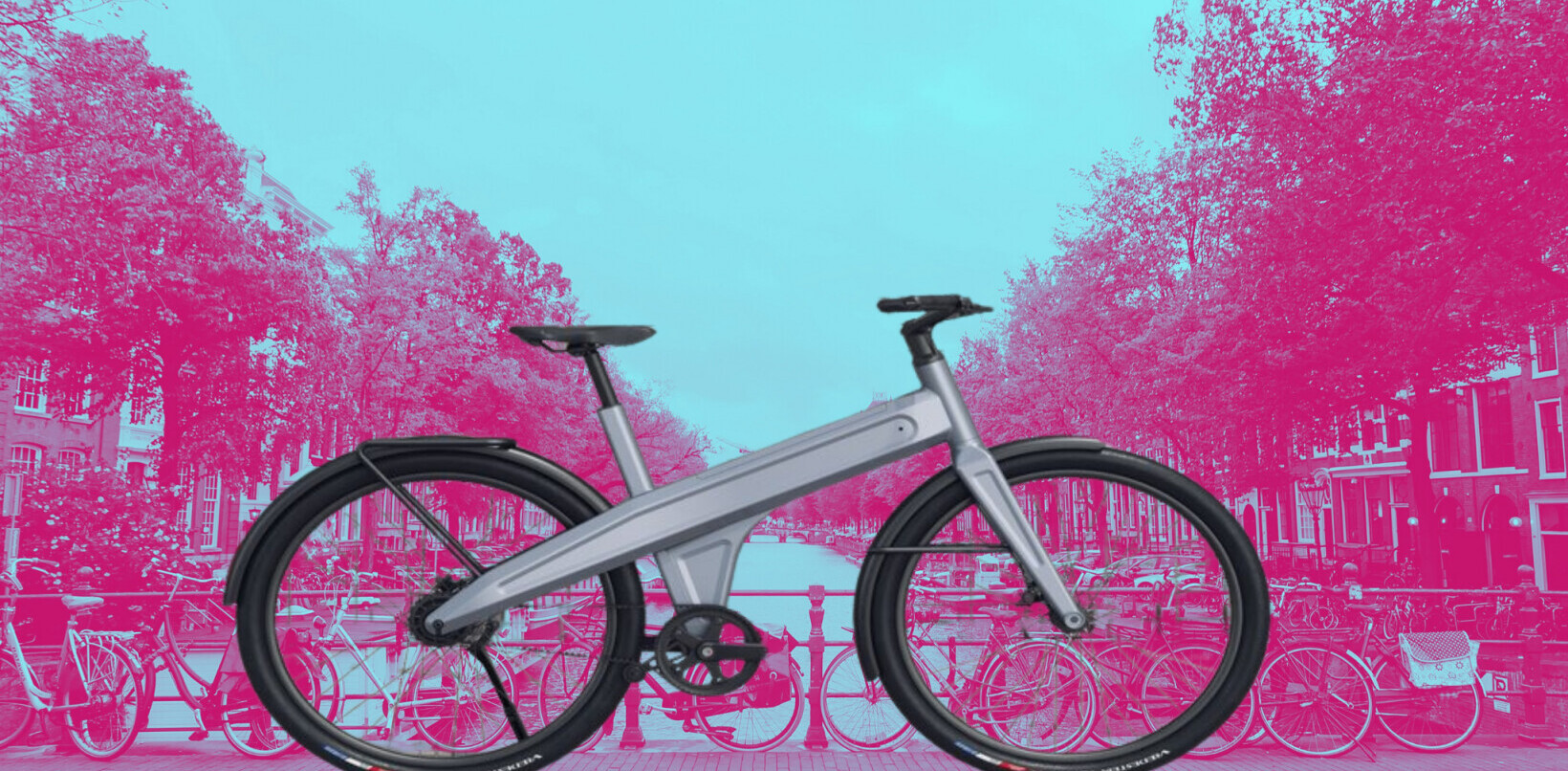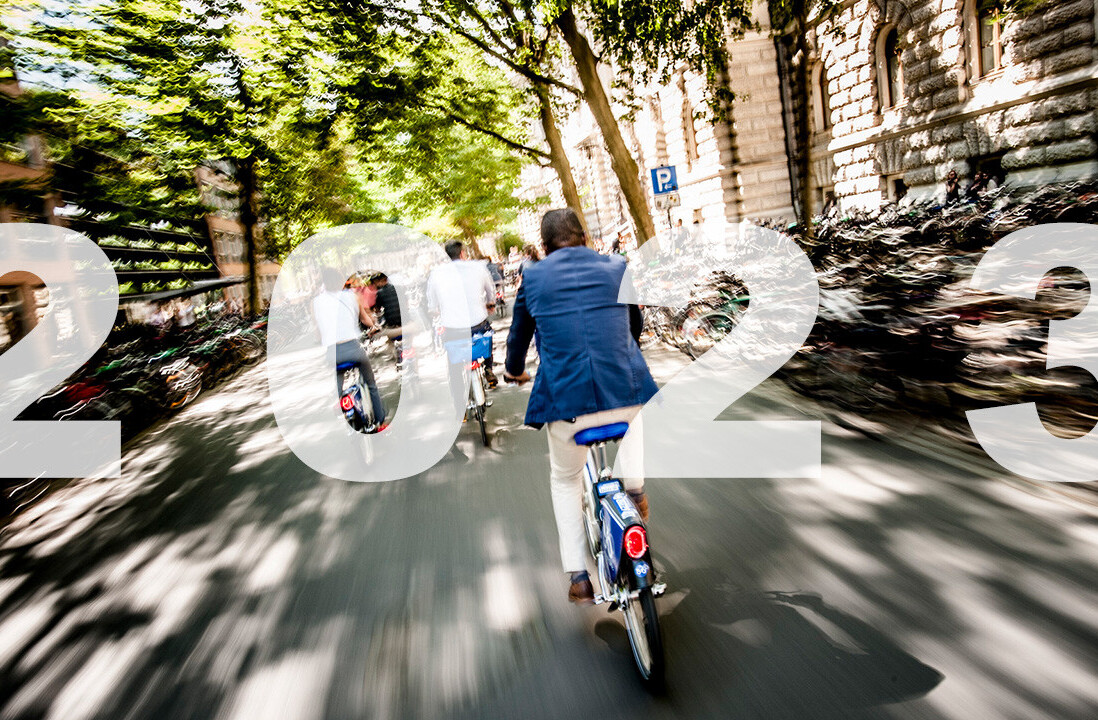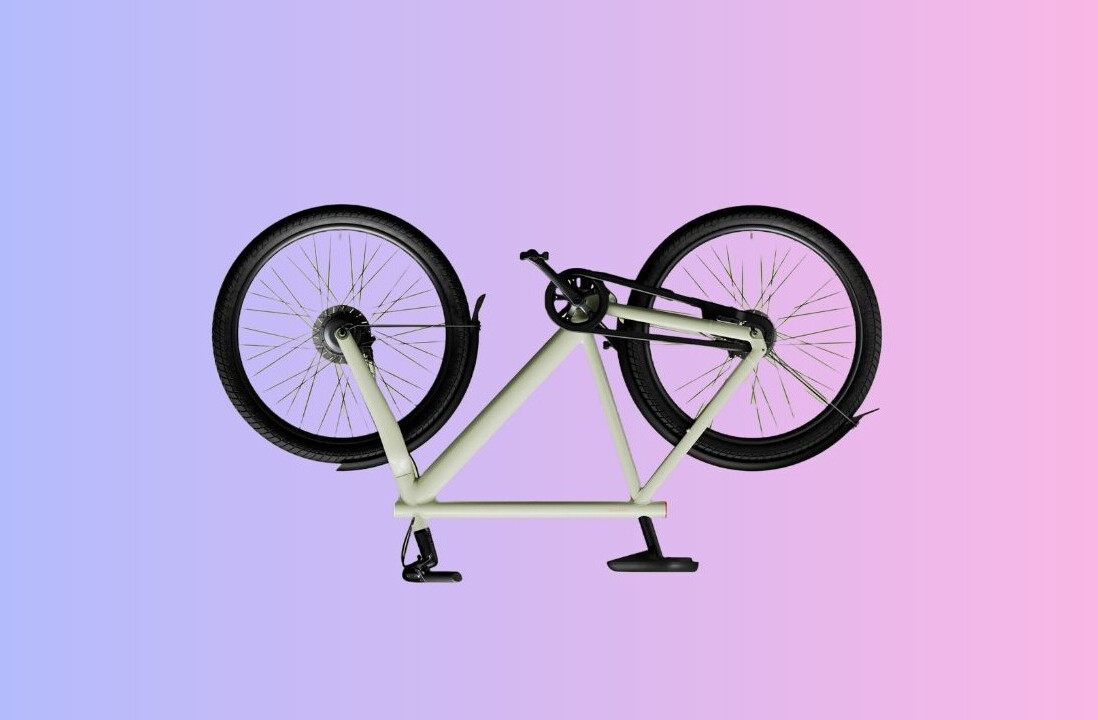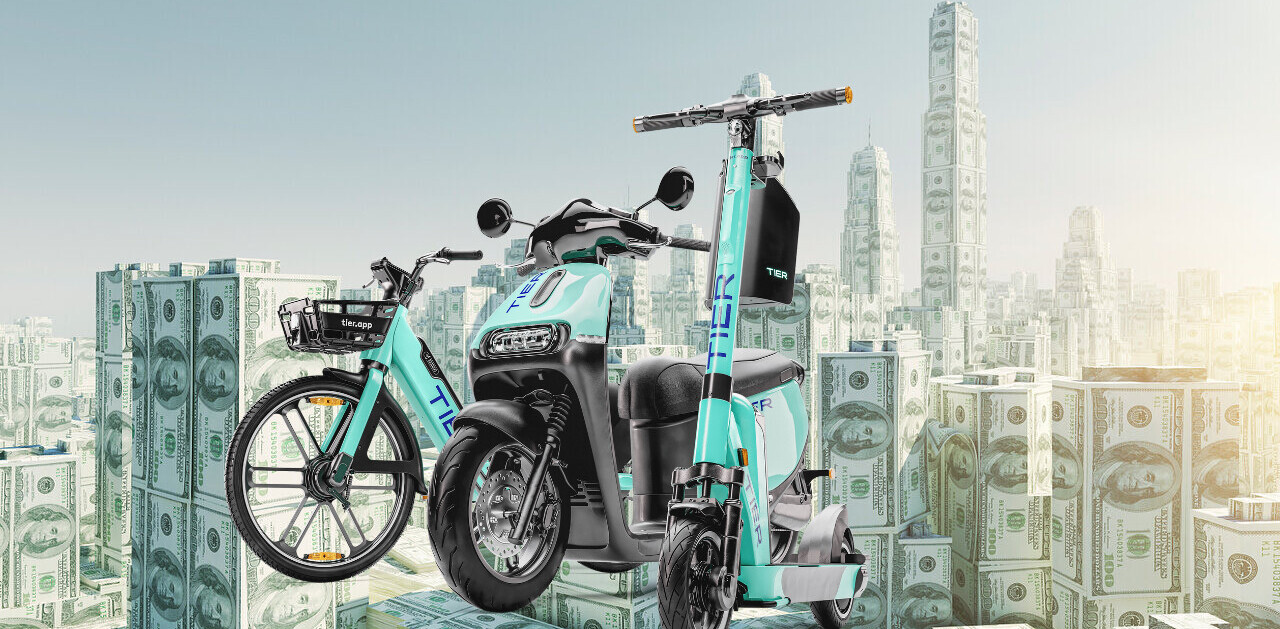
I know, I know. Academic articles aren’t always thought of as the most exciting reads. However, they are incredibly important in developing our understanding of the changing world.
What’s more, they can be quite fun to get your teeth into if you’re craving to read something detailed and focused on a very specific topic.
But where to start in climbing the mountain of academic literature that exists? Well, let me help by suggesting three articles that I’ve come across this year that proved interesting and insightful reading.
[Read: Why this security engineer loves working in infosec]
1. How ebikes affect bicycle use
First up is the article: Effects of e-bikes on bicycle use and mode share, by Aslak Fyhri and Nils Fearnley. Published in the journal Transportation Research, this article takes a look at the impact ebikes have on changing how we get around.

As ebikes began to gain popularity, some believed that they were just going to electrify cycling and there wouldn’t be a positive environmental benefit. In other words, people didn’t think they would actually get more people cycling instead of driving.
So, in short, this paper seeks to answer the question: do ebikes get people out of cars and onto bikes? But no spoilers, go read it to find out.
2. The economics of Hyperloop technology
Hyperloop technology, is making big promises. It’s meant to be fast, clean, energy efficient, and zero emission. However, Hyperloop is still an unproven concept in the real world and there is still much debate over the economics and cost-effectiveness of the vacuum tube transportation.
While testing is slowly going in the right direction, it’s unclear when it will be available and how much it’ll cost passengers.

Thankfully, there’s a fair bit of research that looks into possible scenarios that need to play out for it to be profitable. Check out this article from Virgin Hyperloop One on the economics of their system.
Or if you want to dive even deeper, Jacob Covell, from Penn State University, wrote their thesis on the topic. Their article is good read if you’re new to hyperloop technology and also want some background on the tech itself, before getting on to the economics.
3. The overselling of automated driving technologies
Despite various technological advances, there are still no true self-driving vehicles on our roads. Sure, there is plenty of testing happening, and Tesla rolled out its Full Self Driving Beta last month, but we’re a still long way off the tech being a reality.
Indeed, with marketing and names like Autopilot and Full Self Driving, one would be forgiven for thinking that the tech is already here.
If one thing has happened this year, though, it’s this: we are waking up to the risks and dangers associated with the misuse of automated vehicles technologies.

One of the biggest risks we face comes from the fact that many of these technologies are oversold, and have vague or outright misleading brand names. This is called autonowashing, a word that was officially coined by human-machine interaction researcher Liza Dixon.
The phenomenon was outlined in her 2020 paper: Autonowashing: The Greenwashing of Vehicle Automation. With self-driving vehicles just over the ever impending horizon, it’s a highly relevant read for modern times.
So there you have it, a first step into the world of academic literature in the field of mobility tech. Happy reading.

Get the TNW newsletter
Get the most important tech news in your inbox each week.




